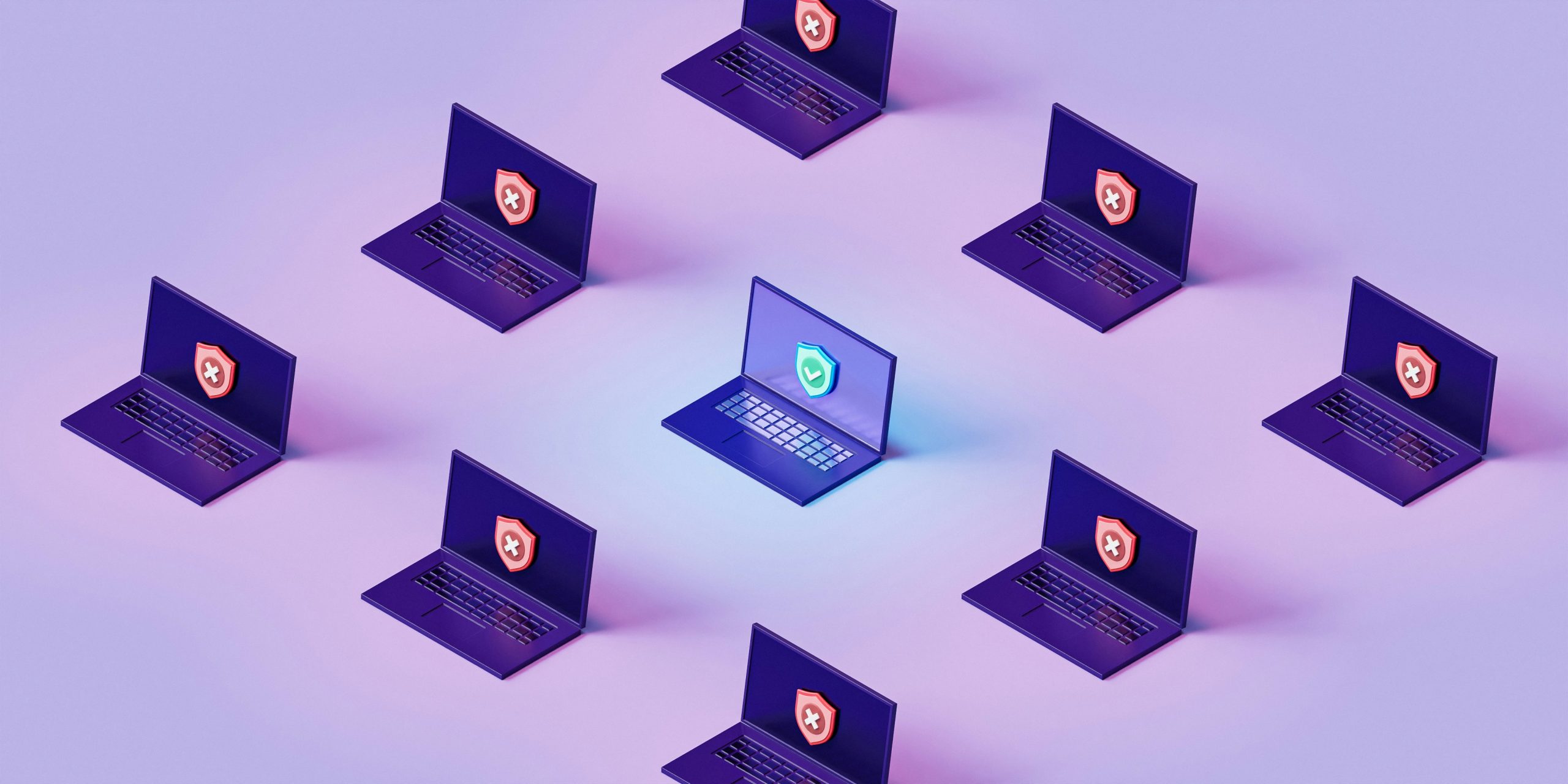In today’s digitally-driven landscape, the ability to access and extract valuable data from the web is crucial for businesses and individuals alike. Whether it’s for market research, competitive analysis, or staying informed about industry trends, web scraping has become an indispensable tool. However, the journey of web scraping is not without its challenges. Enter residential proxies – the secret weapon for navigating the complexities of web scraping safely and efficiently.
In this article, we’ll delve into the world of the best residential proxies for scraping, exploring what they are, how they work, and why they’re essential for unlocking access to valuable web data while maintaining ethical standards.
Understanding Residential Proxies
Residential proxies are not your typical run-of-the-mill IP addresses. Unlike data center proxies that originate from servers, residential proxies are associated with real residential addresses, provided by Internet Service Providers (ISPs) to homeowners. When you utilize a residential proxy, your web requests appear as if they’re coming from genuine residential users, making it significantly more challenging for websites to detect and block them.
How Residential Proxies Work Their Magic
- Mimicking Real Users – Think of residential proxies as chameleons of the internet world. They emulate authentic user behavior by routing web requests through real residential IP addresses, essentially blending into the digital crowd.
- Rotating IPs for Added Stealth – Some residential proxy providers offer the luxury of rotating IP addresses. This means that with each request, your IP changes, throwing off any attempts by websites to track and block your scraping activities. It’s like constantly changing disguises to stay incognito.
The Crucial Role of Residential Proxies in Web Scraping
Ensuring Data Privacy and Security
Privacy and security are non-negotiable when it comes to web scraping. Residential proxies provide an additional layer of protection by shielding your identity and making it less likely for websites to flag your requests as suspicious or malicious.
Dodging the Dreaded IP Bans and Blocks
Websites deploy anti-scraping measures to safeguard their data and infrastructure. By leveraging residential proxies, you can sidestep these obstacles, ensuring uninterrupted access to the treasure trove of web data without raising any red flags.
Geographic Targeting Made Easy
Need data from a specific location? No problem. Residential proxies allow you to access location-specific information by routing your requests through proxies from different regions or countries. It’s like teleporting your virtual presence across the globe without leaving your desk.
Scalability and Reliability on Demand
Whether you’re scraping a handful of pages or diving into millions of data points, residential proxies have your back. With their vast and diverse network, they offer scalability and reliability, ensuring smooth sailing for scraping projects of any magnitude.
Choosing Your Residential Proxy Provider Wisely
Not all residential proxy providers are created equal. When selecting the right provider for your scraping endeavors, consider the following factors:
- Proxy Pool Size and Diversity – The bigger, the better. Look for providers with a wide array of residential IP addresses to minimize the risk of bans and blocks.
- Rotation Mechanism – Opt for providers offering IP rotation capabilities. Constantly changing IPs keep you one step ahead of detection algorithms.
- Performance and Speed – Time is money, especially in the world of web scraping. Choose providers with high-performance infrastructure and lightning-fast proxy servers for optimal efficiency.
- Compliance with Legal and Ethical Standards – Last but certainly not least, ensure that your chosen provider operates within the bounds of legality and ethics. Respect website terms of service and tread lightly to avoid any unwanted legal repercussions.
Scraping Safely and Responsibly with Residential Proxies
By harnessing the power of residential proxies, you can unlock access to valuable web data in a safe, efficient, and ethical manner.
FAQs: Your Burning Questions Answered
- Are residential proxies legal for web scraping? Yes, as long as they comply with website terms of service and relevant laws. Scraper beware – tread lightly and scrape responsibly.
- Can residential proxies guarantee 100% anonymity? While they provide a layer of anonymity, it’s not foolproof. Employ other privacy measures to minimize the risk of identification.
- Do residential proxies slow down scraping operations? They may slightly decrease speed due to routing, but top-tier providers minimize this impact with fast and reliable servers.
- How often should I rotate residential proxies? It depends on factors like website restrictions and scraping volume. Some providers offer automatic rotation for convenience.
- Can I use residential proxies for purposes other than web scraping? Absolutely! From accessing geo-restricted content to conducting market research, the possibilities are endless.
In conclusion, residential proxies are the unsung heroes of web scraping, offering a safe, reliable, and ethical means of gathering valuable data from the vast expanse of the internet. So, arm yourself with the right proxies, scrape responsibly, and unlock the insights that await you in the digital wilderness.







